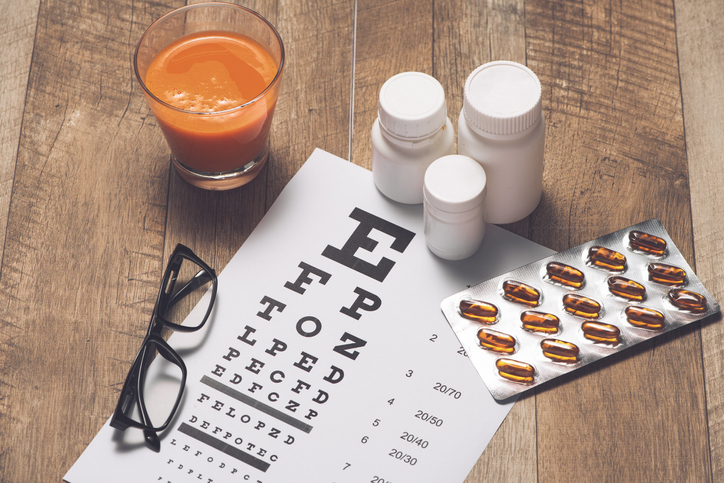A common belief is that eating carrots will help your eyesight acuity. There’s even a rumor that if one consumes enough of the orange vegetable it is possible for a person to attain night vision. That is, the ability to see in the dark.

Is there any truth to these notions or are these just societal myths that have been somehow passed down through the generations?
Interestingly, these beliefs originated out of a World War II British army propaganda campaign. In the midst of the Second World War the Brits developed a groundbreaking radar technology that helped England identify Nazi planes prior to them reaching the shores of Great Britain.
In order to keep this new technology under wraps, England circulated the untruth that the reason their pilots were so effective in pinpointing the location of their adversaries’ planes is they had eaten large doses of carrots, which gave them the ability to see at nighttime.
The government perpetuated this falsehood during the war when food was rationed. Although food was very scarce, carrots were still in large supply. So in order to increase citizen enthusiasm for the consumption of carrots, the night vision rumor was circulated at home as well. Civilians felt the ability to see in the dark would be an excellent attribute to possess, especially during the often long blackout directives given by the government.
The actual reality is that carrots will neither allow a person to see in the dark nor improve their vision.However, carrots do contain contain beta-carotene, which the body converts to vitamin A, an important nutrient for maintaining eye health. In fact, a deficiency in vitamin A can lead to potential vision problems and even blindness.
So, even though carrots won’t allow you to see at night, they can be an invaluable supplementary resource in maintaining overall lifelong optical health.
